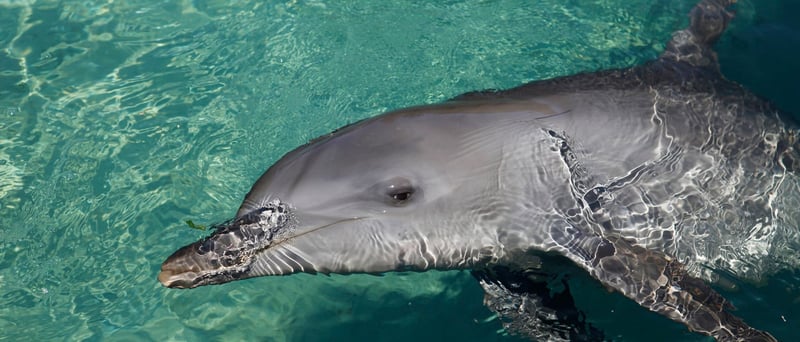
Care needed for captive wildlife amid coronavirus venue closures
News
As tourism and travel dries up as a result of the coronavirus (COVID-19) pandemic, the survival of the wildlife at many captive entertainment venues could be at risk.
Image credit: Dean Sewell
We’ve written to the NSW and Queensland governments to seek assurance that there are plans to look after the welfare of captive wild animals held in Queensland and New South Wales entertainment venues. The plans should also be made public.
Caring for and feeding animals, particularly wild animals, is expensive, and should the need arise, we’re urging the state governments to assist in meeting these costs given the extraordinary circumstances.
Head of Campaigns at World Animal Protection, Ben Pearson said:
“As entertainment venues contemplate the effects of the coronavirus on their staff and customer, they also have an obligation to care for their captive wild animals, and we are urging governments to support this.”
“While we have an ongoing campaign calling for some of these venues to end their wildlife breeding programs and to stop using wildlife for entertainment, we are concerned with the welfare of the animals”.
As the world goes into lockdown and the tourism industry dries up, it’s wild animals, that should never have been in captivity in the first place, that could suffer most, left abandoned, neglected and starving.
Elephants, tigers, dolphins and other wild animals trapped in the tourist entertainment industry haven’t chosen to live in captivity. They don’t belong to us - they belong in the wild.
Elephants, tigers, dolphins and other wild animals trapped in the tourist entertainment industry haven’t chosen to live in captivity. They don’t belong to us - they belong in the wild.